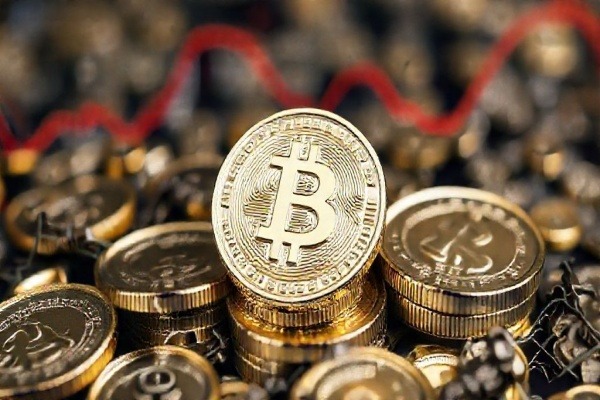Bhutan’s Bitcoin holdings soared to $1.3 billion, accounting for about 40% of GDP, making it the world’s third largest Bitcoin depositor country
Bhutan, a small country in South Asia, now holds more than $1.3 billion worth of Bitcoin, equivalent to nearly 40% of its gross domestic product (GDP). This astonishing data has attracted widespread attention from the global cryptocurrency community and has also caused the outside world to re-examine the far-reaching layout of this Himalayan country, known for its "National Happiness Index", in the field of digital assets.
Bhutan's national sovereign investment institution, Druk Holding & Investments, launched a Bitcoin mining plan as early as 2020, and has been quietly operating for nearly five years. Its head, Ujjwal Deep Dahal, admitted in an interview: "For Bhutan, this (Bitcoin strategy) is an obvious choice in many ways."
It is reported that Bhutan makes full use of its abundant hydropower resources, and low-cost, highly stable clean energy has become the key foundation of its Bitcoin mining strategy. This "green mining" method driven by renewable energy not only effectively controls energy consumption and carbon emissions, but also enhances Bhutan's unique position in the global blockchain industry chain.
Dennis Porter, CEO of SatoshiActFund, forwarded the relevant report on the social media platform X, calling this development "an important milestone in the crypto industry" and highly praising the strategic vision of the Bhutanese government in Bitcoin reserves and its sustainable energy-driven technology path.
It is worth noting that according to the current disclosed holdings, Bhutan has become the third country in the world in terms of government Bitcoin reserves, second only to El Salvador and the United States. This position gives Bhutan an extremely asymmetric but crucial role in the global digital asset landscape.
The Bhutanese government did not publicize its Bitcoin strategy, but chose to advance it in a low-key manner and accumulate steadily. Analysts pointed out that while major central banks around the world are still reserved about the positioning of Bitcoin, Bhutan's practice shows that some small countries with policy flexibility and energy advantages may be the first to "break through" in the next round of global crypto asset revaluation.









